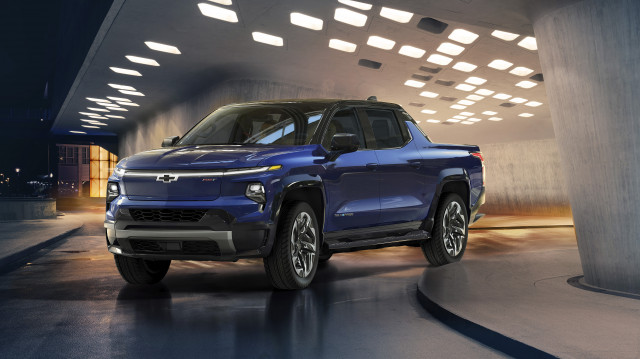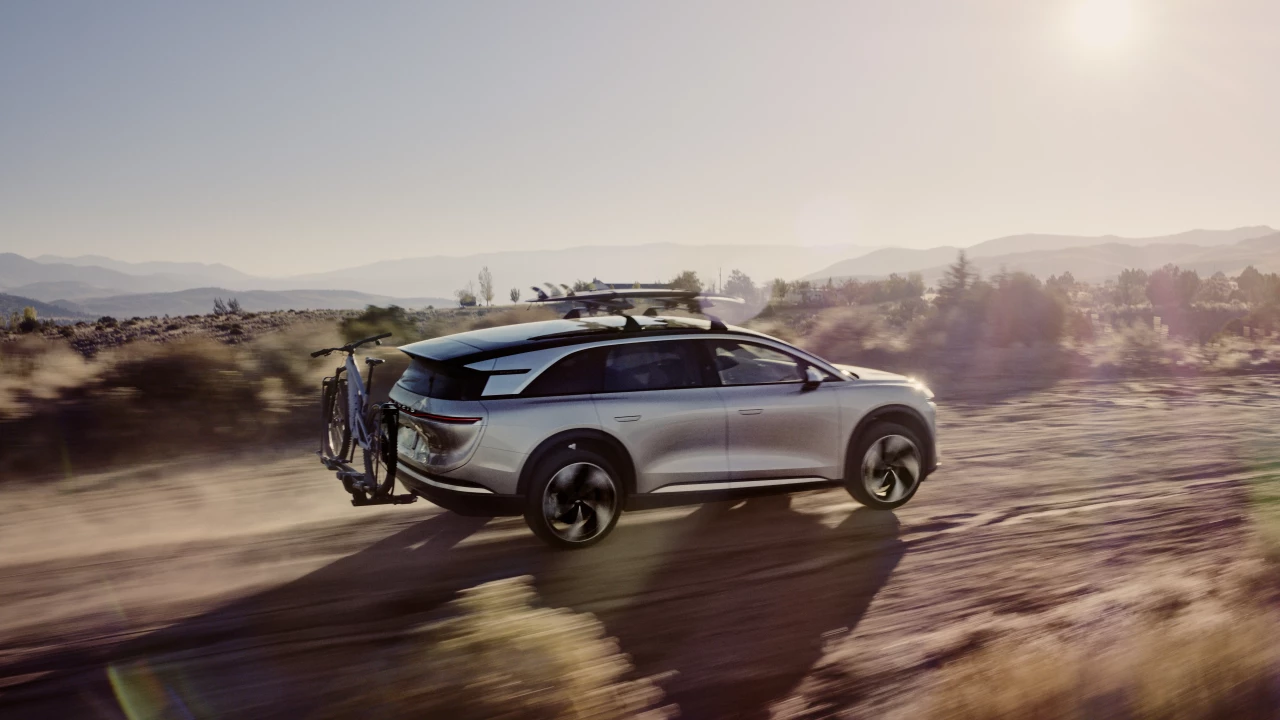PG&E, GM embark on a pilot to use EVs as backup power sources for homes
Pacific Gas and Electric Company and General Motors have announced a breakthrough collaboration to pilot the use of GM electric vehicles as on-demand power sources for homes in PG&E's service area in the US.
The companies will test vehicles with cutting-edge bidirectional charging technology that can help safely power the essential needs of a properly equipped home. They aim to test the pilot's first vehicle-to-home capable EV and charger by summer 2022.
The pilot will include the use of bidirectional hardware coupled with software-defined communications protocols that will enable power to flow from a charged EV into a customer's home, automatically coordinating between the EV, home, and PG&E's electric supply. The pilot will include multiple GM EVs, as per their announcement.
"We are excited about this innovative collaboration with GM. Imagine a future where everyone is driving an electric vehicle — and where that EV serves as a backup power option at home and more broadly as a resource for the grid", said PG&E Corporation CEO Patti Poppe.
"Not only is this a huge advancement for electric reliability and climate resiliency, but it's also yet another advantage of clean-powered EVs, which are so important in our collective battle against climate change", added Poppe.
By the end of 2025, GM will have more than 1 million units of EV capacity in North America to respond to growing demand. The company's Ultium Platform, a combined EV architecture, and propulsion system enable EVs at scale for every lifestyle and price point.
GM's CEO Mary Barra said, "GM's collaboration with PG&E further expands our electrification strategy, demonstrating our EVs as reliable mobile sources of power. Our teams are working to rapidly scale this pilot and bring bidirectional charging technology to our customers".
With EVs playing a critical role in achieving California's goals for reducing greenhouse gas emissions, bidirectional charging capabilities add even further value by improving electric resiliency and reliability.






















